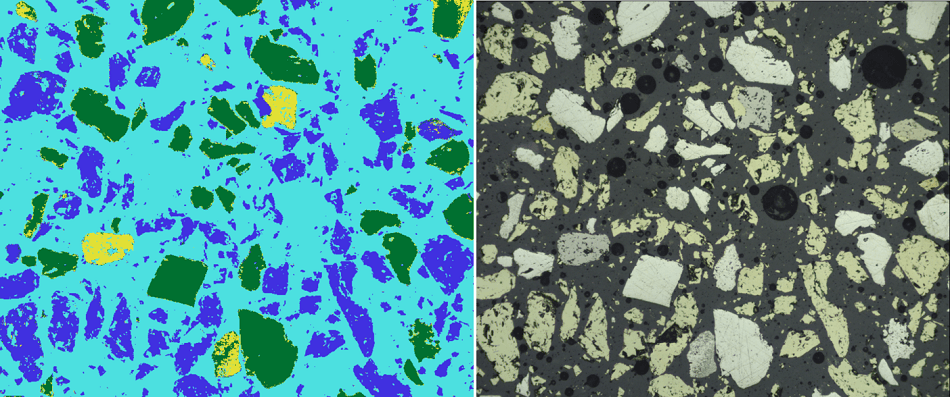ZEISS recently announced ZEISS ZEN Intellesis, a new machine learning capability that enables researchers to perform advanced analysis of their imaging samples across multiple microscopy methods. The first algorithmic solution introduced by the ZEISS ZEN Intellesis platform makes integrated, easy to use, powerful segmentation for 2D and 3D datasets available to the routine microscopy user. ZEISS ZEN Intellesis software is available for the company’s full range of optical, confocal, X-ray, electron and ion microscopes.

Dr. Markus Weber, Co-CEO of the ZEISS Microscopy Business Group, says, “ZEISS ZEN Intellesis is an important first step in our goal to rapidly bring new solutions to our customers through digitalization. By adding robust new capabilities like machine learning to our microscopy systems, we are initiating a step-change in the way our customers in industry and academia manage and process vast amounts of imaging data generated by a range of imaging modalities. This enables them to easily and intelligently obtain scalable, quantitative insight.”
ZEISS ZEN Intellesis allows users to train machine learning classifications on ZEISS image data sets as well as on any images readable by ZEISS ZEN software for any ZEISS microscopes. It applies that trained classifier across large, multi-dimensional datasets. It uniquely allows for multiple spatially registered datasets, acquired using correlative microscopy and classical image analysis tools, to be used in parallel during classification. ZEISS ZEN Intellesis also works with 6D datasets, including multichannel 3D stacks or tile images.
In a geological example, a researcher might study sulfide mineralogical distribution using both coaxial light and backscattered electron imaging modalities. These techniques are first spatially registered before training a classifier, operating on both datasets at the same time. Once trained, this classifier can then be applied rapidly across a large area that is truly representative of subsurface geological heterogeneity, enabling large area mineralogical analysis using quantitative correlative microscopy.
In addition to geological research that includes petroleum and mining industries, applications are currently in development for life sciences, materials science, metals research, manufacturing and assembly, and routine laboratory microscopy. ZEISS ZEN Intellesis brings new imaging solutions to a wider audience of researchers through an ecosystem of correlative workflows.
ZEISS ZEN Intellesis works with any image format readable by ZEISS ZEN software platform, including CZI, TXM, OME-TIFF, JPG, and PNG, and is data-agnostic. It can be used in conjunction with other software platforms offered by ZEISS, including ZEISS Atlas 5 for correlative microscopy, as well as any other 3D analytical tools on which users may rely such as ORS Dragonfly for imaging and analysis.